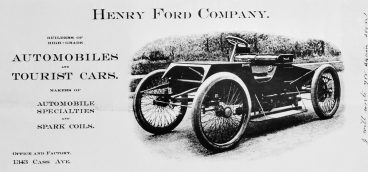
In the American Grain
Who are the preeminent individuals in American business history? A strong case might be made for a quintet: Andrew Carnegie, Henry Ford, Bill Gates, John D. Rockefeller and Sam Walton. Who is primus inter pares? It’s Henry Ford in a walk-away. Here’s why: Ford was an industrialist, inventor, aircraft pioneer, museum curator, horticulturist, labor progressive, …
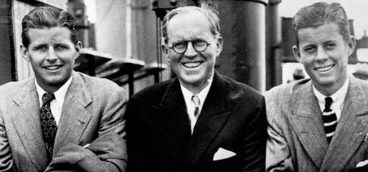
Money, Power & Purpose
Harvard played its final game of the 1911 baseball season the day after graduation. With Harvard up 4-1 and one out to go, team captain and star pitcher Charles B. “Chick” McLaughlin called time, for a substitution at first base. A lanky redhead came off the Harvard bench. He had failed to make the team …
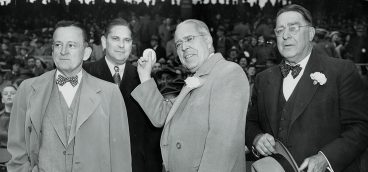
The Business of Politics
The year was 1955, the place the long bar at the Carlton House Hotel. Standing as bookends were Pirates sportscaster, Bob “the Gunner” Prince and KDKA newscaster, curly-haired Bill Burns. Both men were serious drinkers, but the Gunner, resplendent in a canary yellow blazer with an ever-present screwdriver in hand and another waiting in the …
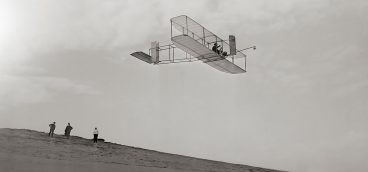
The Wright Way to Fly
A top Kill Devil Hill on North Carolina’s windswept Outer Banks stands a massive granite monument that reads: “In commemoration of the conquest of the air by the brothers Wilbur and Orville Wright. Conceived by genius; achieved by dauntless resolution and incomparable faith.” Wilbur Wright would have had a problem with the word genius, it …
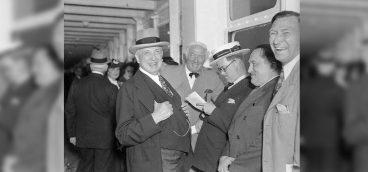
Smilin’ Charlie Schwab
The Christmas season was in full flush Dec. 12 1900 at the University Club in New York, where the city’s financial and industrial elite gathered to honor Charles Michael Schwab, the president of Carnegie Steel. A youthful 38, Schwab already had held the position for three years. Attendees included railroaders William Vanderbilt, Chauncey Depew and …

The Short, Happy Life of the WASP ascendancy
Once upon a time in America, when the going was good, there emerged what looked like a ruling class. We’ll call it the WASP Ascendancy. Standing for White Anglo-Saxon Protestant, WASP was coined by University of Pennsylvania sociologist E. Digby Baltzell (1916–1996). This WASP Ascendancy traces a soft 20th century parabola reaching its apogee in …
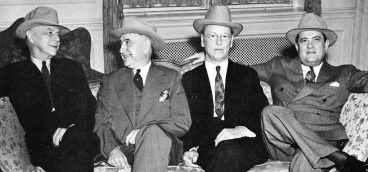
Mike Benedum: A Character portrait in Oil
Pittsburgh and steel are virtually synonymous. Less well known is Pittsburgh’s rich heritage in the oil business. In 1854, inventor and businessman Samuel L. Kier built the nation’s first oil refinery as a crude, five-barrel still 100 feet from today’s U.S. Steel Building. In 1859, Colonel Edwin L. Drake drilled the first oil well and …
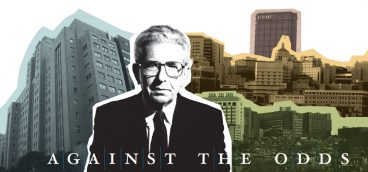
Against All Odds
Until the spring of 1944, Hungary’s pre-war population of 700,000 Jews remained largely unscathed. Hungarian Regent Nicholas Horthy had resisted Hitler’s calls for the deportation of Hungarian Jews into the killing maw at Auschwitz/Birkenau, 175 miles north of Budapest. Then, on March 19, 1944 Hitler ordered the Wehrmacht to occupy Hungary. By July, 437,000 Hungarian …
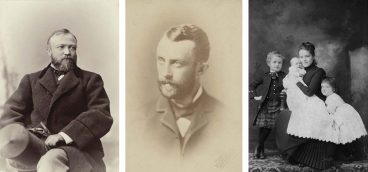
Henry Clay Frick: Blood Pact
Among the great fortunes of Pittsburgh’s Golden Age (1870–1910), that of Henry Clay Frick stands third, bested only by Andrew Carnegie and the Mellons. But the extraordinary aspect of the Frick fortune was not its size. Carnegie, Heinz, Mellon and Westinghouse were all entrepreneurs who exercised ultimate control in their operations. Frick started as an …
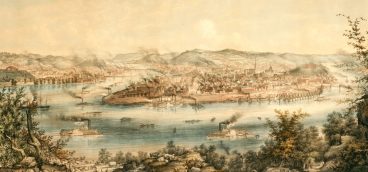
A Very Short History of Pittsburgh
Geography comes first. Close upon the confluence of the Allegheny and Monongahela rivers, one gets a sense of westward flowing waters, but a map of Western Pennsylvania shows the Allegheny flowing south and the Monongahela north, almost at right angles to the Ohio. A fourth river, the Potomac, comes into play by bringing the coast …
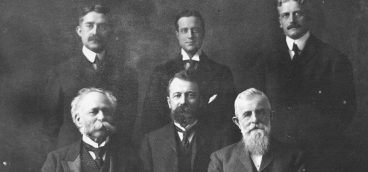
H.J. Heinz: Relish Success
In the second half of the 19th century, as Pittsburgh emerged as one of America’s great cities, it did so on the back of heavy industry; steel predominantly, but also glass, oil and all manner of heavy machinery. Indeed, four of the five men novelist Edith Wharton dubbed the “Lords of Pittsburgh” built their fortunes …
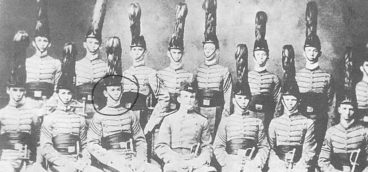
George C. Marshall: True soldier
On Sept. 1, 1939, as German troops thundered across the Polish border, Gen. George C. Marshall succeeded Malin Craig as the U.S. Army Chief of Staff. One week later, Marshall returned to his birthplace and childhood home in Uniontown, 46 miles southeast of Pittsburgh for a homecoming celebration. The man President Harry Truman was to …
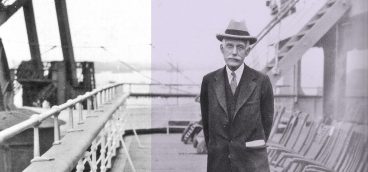
Andrew W. Mellon: Building a Banking Empire
The year was 1866. With monotonous regularity, an older man and a little boy boarded the train in East Liberty for the short run downtown. The older man, attired in a long-tailed frock coat and a high-starched wing collar, spoke to the boy about matters of consequence; he spoke to him as an adult. The …
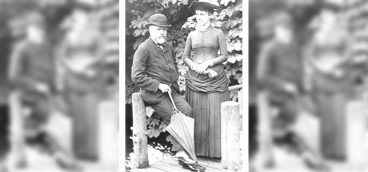
Andrew Carnegie: The Black and the white
Andrew Carnegie was America’s first great industrialist, the nation’s quintessential philanthropist, and, closer to home, Pittsburgh’s favorite son. He was also, however, a man of startling ethical and moral contrasts, and those paradoxes threaten his reputation. Was his bountiful philanthropy based upon purely beatific instincts or was it, to paraphrase Clausewitz, simply self-promotion “by other …

George Westinghouse: The Mystery
It was a dreary fall day when, on a friend’s suggestion, I visited the George Westinghouse Museum in Wilmerding. It is housed inside the former Westinghouse Air Brake offices, a gray stone building with a hint of the medieval, appropriately named “the Castle.” The edifice was built by a man who lived 68 years and …
